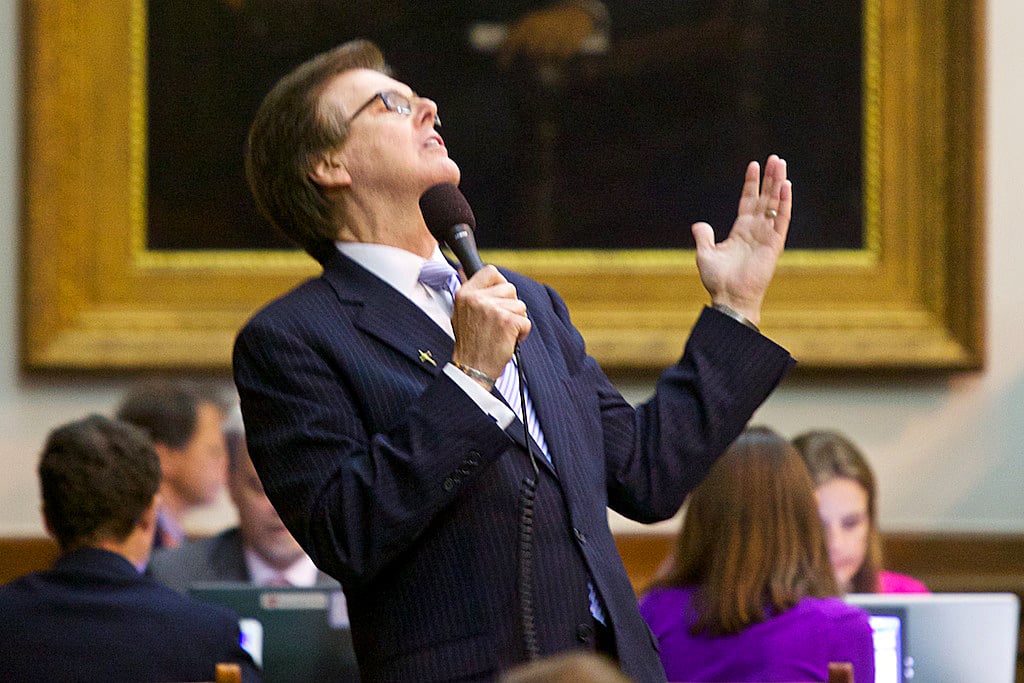Not feeling the politics blogging today.
Wynn was one of my favorites -- one of every Astro Buddy's, no matter their age -- in the mid-and late '60's. Many of his fans thought his nick was for his bat.
Some great photos at this link.
And a review of some of the best remembrances, via Tweet. Click on them and you'll find more videos and memories.
The Astrodome in its early configuration was well-known as a pitchers' venue. Nevertheless, a couple of Astros crushed balls into the remote upper tiers back in the day, and had the seats they hit painted with their nicknames. Wynn was one; can you name the other (he's pictured here on the left)?
Wynn was traded by the Astros to the LA Dodgers during the 1973 winter meetings for Claude Osteen (and another player), and Wynn made the All-Star team in both of his two seasons in southern California. In '75 he went from the Dodgers to the Atlanta Braves in a blockbuster trade involving current Astros manager Dusty Baker.
At the time of his passing he served as a community outreach executive for the Astros.
We are deeply saddened to learn of the passing of Astros legend, Jimmy "The Toy Cannon" Wynn. Our thoughts and prayers are with his family and loved ones. pic.twitter.com/kRNexoUk0Z— Houston Astros (@astros) March 27, 2020
Wynn was one of my favorites -- one of every Astro Buddy's, no matter their age -- in the mid-and late '60's. Many of his fans thought his nick was for his bat.
Wynn played 11 of his 15 MLB seasons in Houston and was named an All-Star in 1967.
At 5-9, the diminutive outfielder earned the nickname "Toy Cannon" for his powerful arm. He debuted with the Colt .45s in 1963.
Some great photos at this link.
Astros great Jimmy Wynn dies at 78 https://t.co/HWTXlTNCAV— Chronicle Astros (@ChronAstros) March 27, 2020
And a review of some of the best remembrances, via Tweet. Click on them and you'll find more videos and memories.
Houston #Astros star Jimmy Wynn blasts a tape-measure HR over the Crosley Field scoreboard and onto the freeway vs. Cincinnati #Reds pitcher Sammy Ellis! (1967) RIP "The Toy Cannon". #MLB #History pic.twitter.com/LO9LjvL5Hl— Baseball by BSmile (@BSmile) March 27, 2020
In 1968, the Astros hit 22 HR at the Astrodome; Jimmy Wynn hit 9 of them. That was a year after Wynn hit 37 HR, finishing 2nd in the NL to Hank Aaron, who said Wynn was the true HR champ that year because he played half his games in the Dome. RIP.— Robert Ford (@raford3) March 27, 2020
The Astrodome in its early configuration was well-known as a pitchers' venue. Nevertheless, a couple of Astros crushed balls into the remote upper tiers back in the day, and had the seats they hit painted with their nicknames. Wynn was one; can you name the other (he's pictured here on the left)?
The upper deck home run seat that Jimmy Wynn hit fifty years ago in 1970 is scheduled to go on display in the Astros Hall of Fame Alley this year. pic.twitter.com/1MBvAL5MUk— Mike Acosta (@AstrosTalk) March 27, 2020
Jimmy Wynn with a ten-year-old Craig Biggio, 1976 pic.twitter.com/J5f3IO9qAT— Astros Daily (@AstrosDaily) March 27, 2020
Players with a >15% Walk Rate & 150+ Stolen Bases in their career (min. 8,000 PA):— Jim Passon 🇵🇷 (@PassonJim) March 27, 2020
Barry Bonds
Rickey Henderson
Mickey Mantle
Joe Morgan
JIM WYNN
Wynn was traded by the Astros to the LA Dodgers during the 1973 winter meetings for Claude Osteen (and another player), and Wynn made the All-Star team in both of his two seasons in southern California. In '75 he went from the Dodgers to the Atlanta Braves in a blockbuster trade involving current Astros manager Dusty Baker.
Dusty Baker on late #Astros legend Jimmy Wynn: “I remember this cat was like Mighty Mouse. He was 161 pounds and could hit that ball out of the Astrodome like a big man. He was a player.” via @dfbarron https://t.co/bazaEzUBvD— Greg Rajan (@GregRajan) March 27, 2020
At the time of his passing he served as a community outreach executive for the Astros.
ICYMI, here's a piece @MelanieHauser did a couple years ago on the late Jimmy Wynn near the 55th anniversary of his #Astros debut.https://t.co/pAf9tZqdUR— Greg Rajan (@GregRajan) March 27, 2020
